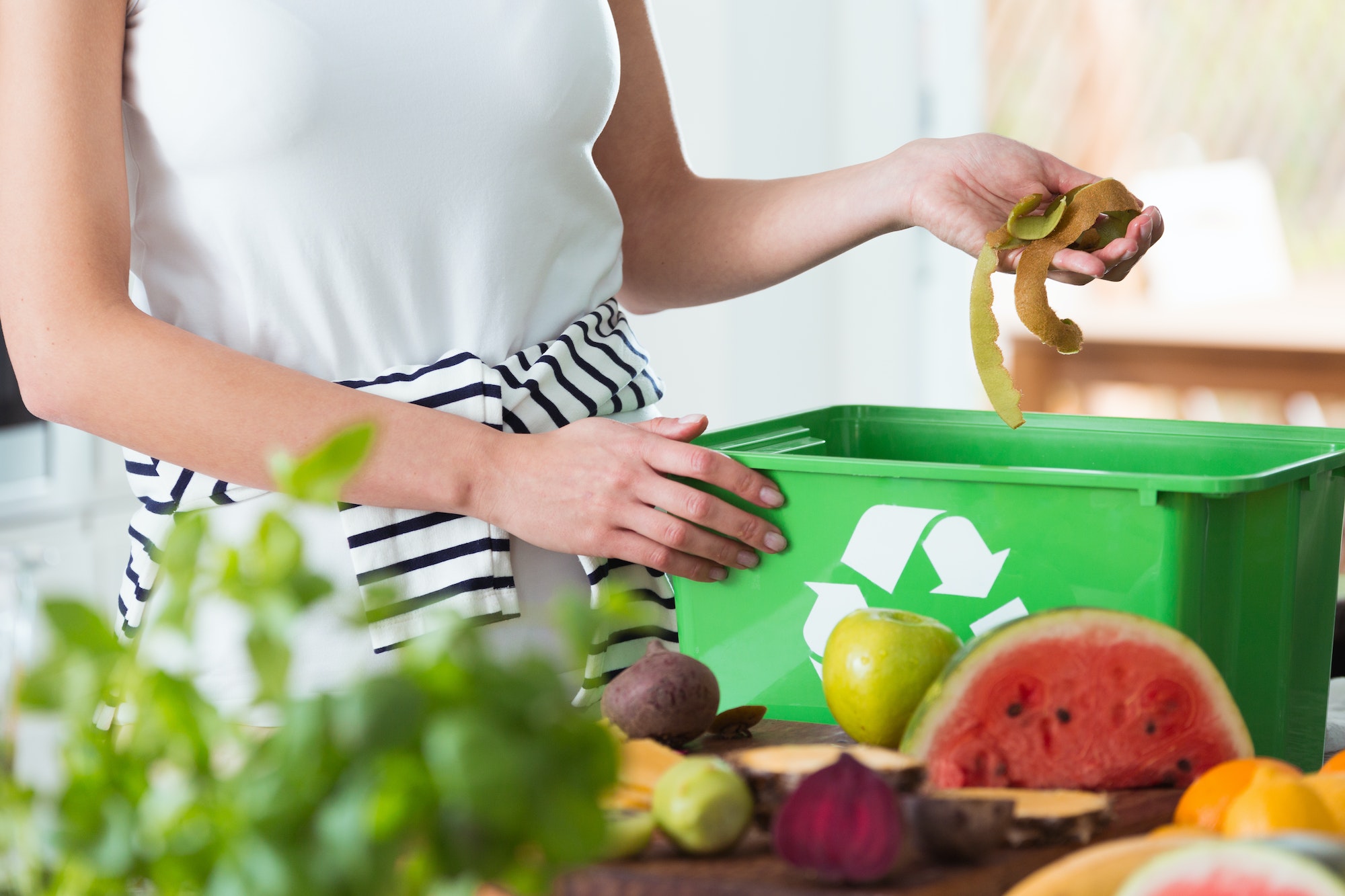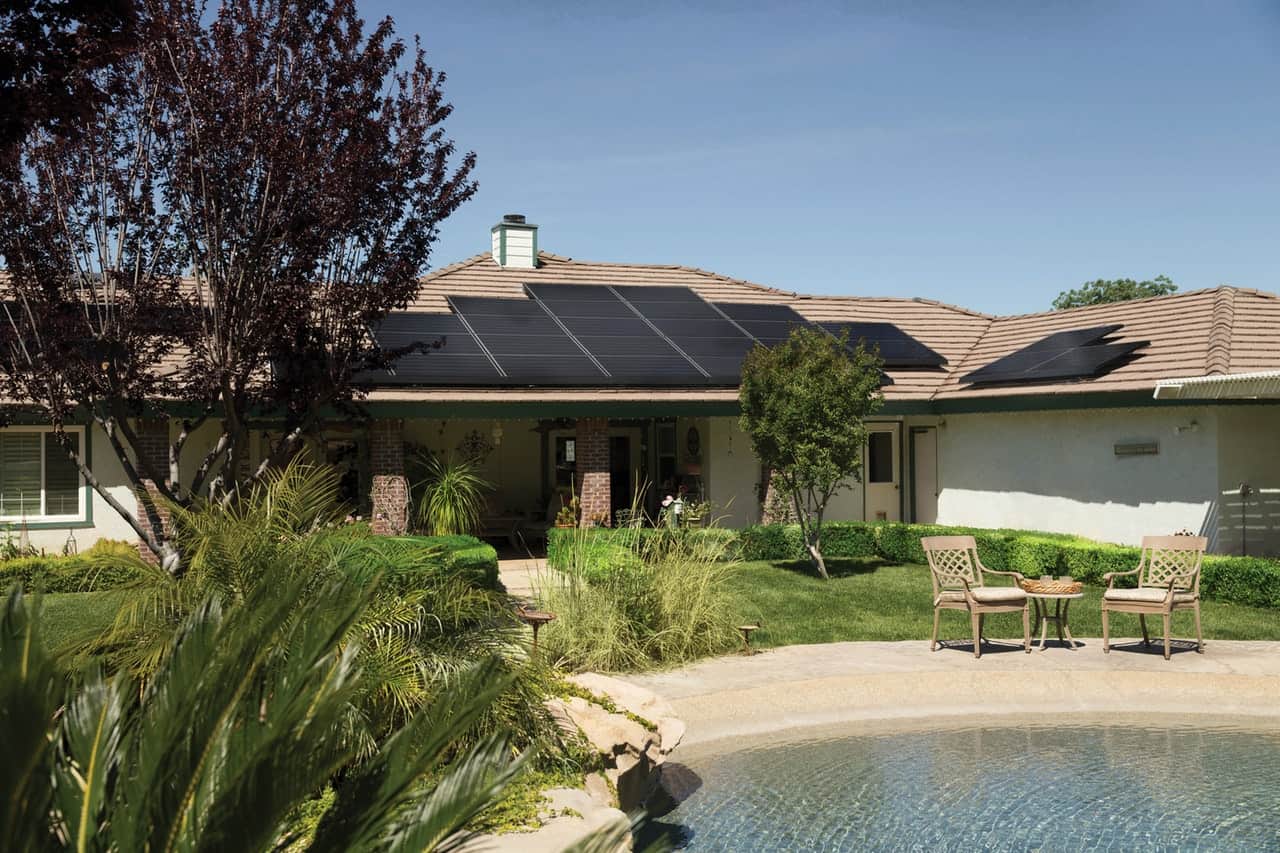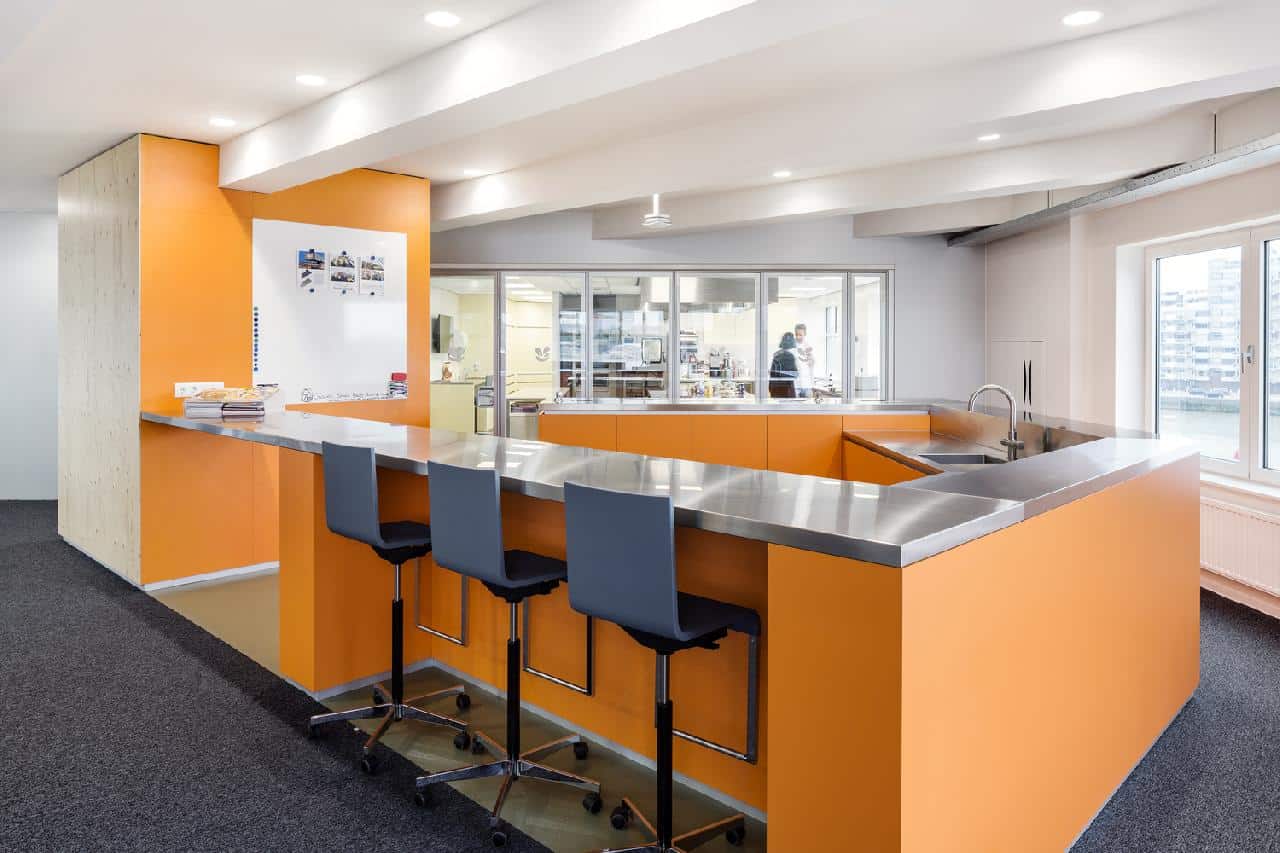Facing an ever-growing pile of kitchen waste can be overwhelming and leave you feeling helpless. However, you can develop a successful system for eco-friendly and efficient waste management in your home with the right approach. In this post, we’ll cover how to get started with organizing your kitchen waste system, from finding the perfect bin or container setup to developing sustainable practices such as composting.
1. Consider Your Kitchen Layout
Before jumping into a waste management system, it’s essential to consider your kitchen layout. Think about how much space you have available, any special considerations (like recycling rules in your area), and what type of bins or containers you need to manage the waste effectively.
Ideally, there should be a designated spot for each type of waste, like a separate bin or container for compostables, recyclables, and food scraps. If you have limited space in your kitchen, look into garbage bins with multiple compartments. If you’re lucky enough to have extra room, consider investing in a more significant compost bin and a separate bin for recyclables.
2. Invest in Quality Waste Bins
Quality is vital across every part of your waste management system. Invest in bins with lids to keep odors contained and bugs away, as well as an airtight compost bin if you plan on composting. This will help ensure that your kitchen waste is contained and separate from the rest of your home.
The materials of the bins are also essential to consider – look for eco-friendly materials like bamboo, stainless steel, or recycled plastic. You may also want to think about how often you’ll need to empty and clean each bin and the size of each bin.
3. Take Advantage of Outdoor Space
If you have the room, consider using outdoor space for composting. This will help keep your kitchen area clean and organized and make managing larger amounts of waste easier. Look into options like compost tumblers or bins that don’t require frequent stirring. If you don’t have a yard, think about installing a composting system on your balcony, porch, or patio.
You can use your outdoor space for more than just composting – it’s a great place to store bulky items like recycling bins and bottles. Ensure the area is properly covered and secure if you leave bins or containers outside overnight or during bad weather.
4. Factor In Household Needs and Habits
Every household is different and has its own needs and habits regarding waste management. Think about the size of your household, how frequently you cook or eat out if there are any special considerations (like food allergies), and what type of waste you generate most often. You may also want to consider developing a system of rules and responsibilities for your family members. This could include assigning specific tasks like sorting waste, taking out the bins, or cleaning the containers.
If you have kids, involve them in the process and explain why reducing waste is important. This could help foster a sense of responsibility from an early age and make them more mindful of their environmental impact.
5. Develop Sustainable Practices
Waste management doesn’t have to be intimidating; it can be an opportunity to start developing more sustainable practices. Start simple by recycling and composting and reducing your single-use plastic consumption or food waste.
You could also look into local resources for disposing of items like batteries or electronics in a sustainable way. And if you’re feeling adventurous, look into options like vermicomposting or hydroponics. You could also consider ways to reduce food waste, like meal planning or donating excess food. Doing this can help you save money and make a bigger environmental impact.
6. Consider Professional Waste Management Options
If you’re in an area with limited resources or have a lot of waste to manage, consider looking into professional waste management options. Many services can help you dispose of your waste in a sustainable and responsible way. Whether it’s compost collection, recycling pickup, or hazardous waste disposal, a professional service can make it easier for you to manage your waste and ensure that it’s disposed of responsibly.
These are just some of the options available regarding waste management – there are plenty of other ways to ensure you’re doing your part to reduce waste and protect the environment. Consider implementing some of these tips to make your home more sustainable and help reduce your environmental footprint.
Discover more from Futurist Architecture
Subscribe to get the latest posts sent to your email.



